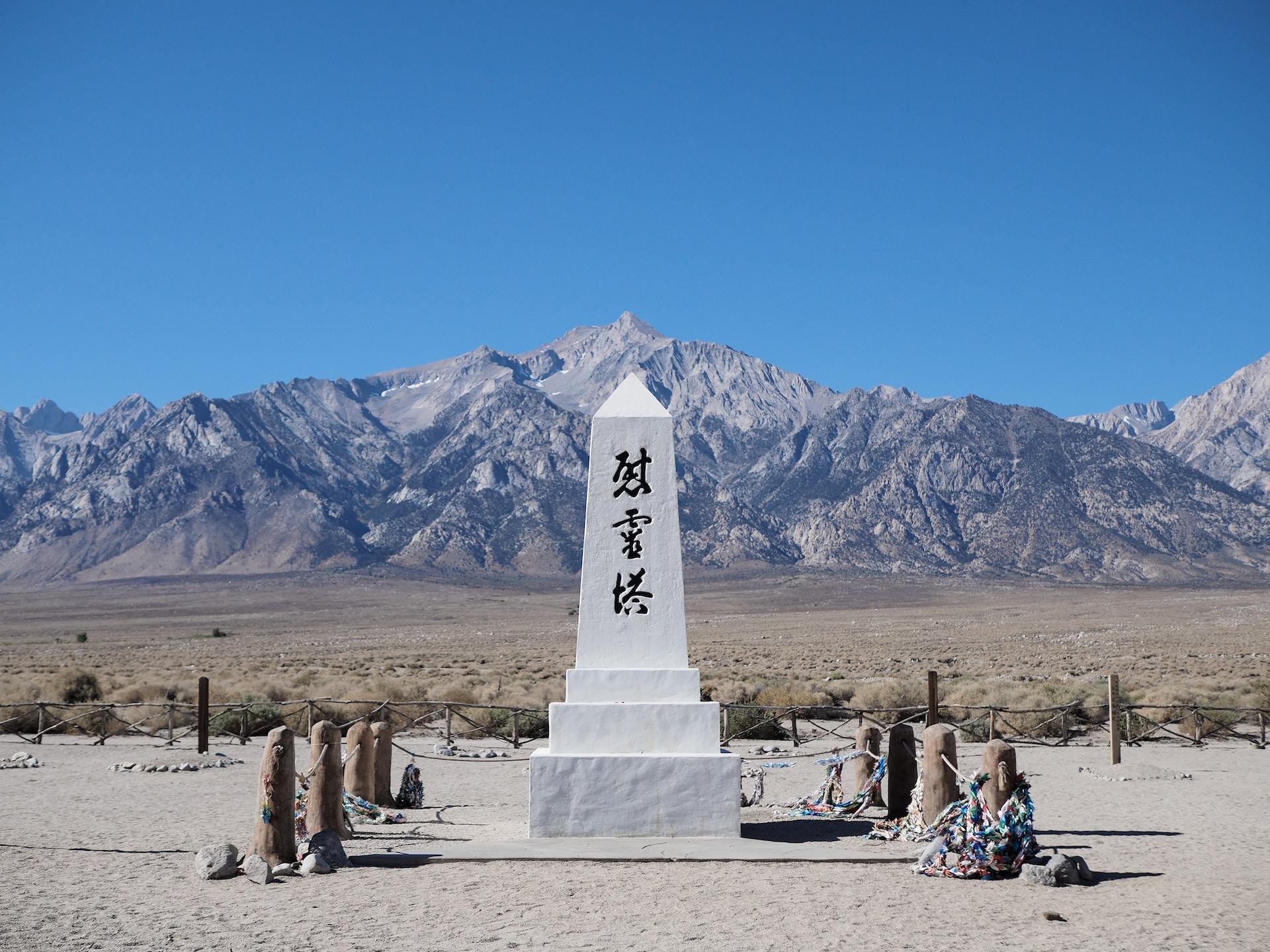The field of psychology is not known for its strong female representation. It's not that there have never been groundbreaking psychologists of the female persuasion, only that their work had long been marginalised. And sometimes, coopted.
But then, for so long, women have been labelled the weaker sex. American author Charlotte Perkins Gilman makes that point in her 1892 short story The Yellow Wallpaper. It describes a woman with postpartum depression who is confined to a room with that shade of paper on the walls. Barred from any therapy, physical or mental activity, she descends into madness, to her captor-husband's horror.
Sigmund Freud was far from the first clinician to tout hysteria as the root of all women's psychological problems. But he redefined hysteria as a mental illness. Until his pronouncement, everyone from 1900BCE to the mid-1800s CE believed misplaced female anatomy is what drove women mad.
Fortunately, nobody credits the 'wandering womb' theory of hysteria anymore. And most have abandoned the idea that only women are prone to hysteria - a term that comes from the Greek word for 'uterus'. In this article, Superprof invites you to discover pioneering women in psychology.

Famous Female Psychologists: The Early Days
Mary Whiton Calkins (1836-1930)
Dr Calkins was the trailblazer for women in American psychology. Her peers and the Harvard psychology department deemed her a scholar of merit but the university refused to award her a doctoral degree. She was the first woman to complete the doctoral course requirements. Harvard University cited her gender as their reason for refusal.
She taught psychology and philosophy at Wellesley College, where she also established a psychology laboratory for women. It operated in an attic and received a quarter of the funding of other laboratories. None of that dimmed her courses' popularity.
In 1905 and again in 1918, Dr Calkins broke down two more barriers when she was elected to preside over two scientific associations. First came leadership of the American Psychological Association and then she won the election for president of the American Philosophical Association.
Dr Calkin's contributions to the field of psychology didn't just pave the way for every other female psychologist. She contributed volumes of literature, which earned her an honorary Doctor of Letters and Doctor of Laws. She is also the first woman granted honorary membership to the British Psychological Association.
Anna Freud (1885-1982)
The youngest daughter of the world's most renowned psychotherapist was also fascinated with how the human mind worked. This Dr Freud highlighted the ego's importance and studied its natural development. Throughout her work, she emphasised collaboration, drawing on colleagues' analytical and observational work.
This Dr Freud pioneered studies in child psychology, in tandem with Drs Hermine Hug-Hellmuth and Melanie Klein. After fleeing Vienna ahead of the Nazis, Dr Freud settled in London. There, she established the Anna Freud National Centre for Children and Families, as it is now known.
Inez Beverly Prosser (1897-1934)
Dr Prosser's time was short, which makes her work all the more impactful. She was accepted into the PhD program at the University of Cincinnati in 1931, at the height of the United States (US) Jim Crow era. The school had funded a research program examining the effects of racial segregation in schools.
Her studies in racial segregation rank among the most famous psychological experiments. Dr Prosser's work influenced the US Supreme Court Brown v. Board of Education decision. This landmark case settled the question of whether racial segregation in education is constitutional (it isn't).

Famous Female Psychologists: Raising the Profile
Mamie Phipps Clark (1917-1983)
Dr Clark's work built on Dr Prosser's; her studies also contributed to the Brown v. Board decision. Dr Clark expanded her field of enquiry from segregation's effects in education to messaging about race. Using four dolls of different colours, she asked children aged three to seven a series of questions. Without fail and across the country, the children demonstrated they had internalised that 'black is bad'.
Leaving the Midwest behind, she and her partner moved to the Harlem district in New York City. There, they established the Northside Center for Child Development. Theirs was the first such Centre offering therapy to Black children. They combined their clinical therapy work with social outreach to study the effects of social conditions on child psychology.
Joyce Brothers (1927-2013)
Unlike all the famous female psychologists examined so far, Dr Brothers had neither race nor (as much) stigma to contend with. She earned her PhD in Psychology in 1953, long after women's struggles to earn credentials in psychology were over. As a 'traditional woman', she was unwilling to out-earn her husband so she sought other ways to earn money.
She competed in the American quiz game show, The $64,000 Question. The show's producers figured she wouldn't last three rounds answering questions about boxing; she won the prize. Her fair looks and calm demeanour - and her intelligence earned her more television appearances.
Dr Brothers' brand of pop psychology made her one of the world's most renowned psychologists. Her effortless presentation style and understanding of social conditions made her the US's public crisis counsellor. Her measured tones helped the nation grieve Princess Diana's loss and helped save countless lives.
Reiko Homma True (1933-present)
From February 1942 to March 1946, the US confined more than 112,000 Japanese Americans. Dr True was 10 years old at the time, living in Shanghai. She and her family returned to Japan when the Second World War ended. She faced strong opposition to her university enrolment; it just wasn't something Japanese women did at the time.
As a young clinician, she moved to the US. There, she discovered that the Japanese and wider Asian community had not regained their mental health following their internment. Also, many Japanese women who had married American soldiers during the war had no social support. Using her clinical training as a psychologist, she set up self-help groups and counselling centres along the US west coast.

Famous Female Psychologists: The Work Continues
Tara Brach (1953-present)
Dr Brach is a clinical psychologist who specialises in mindfulness meditation. She lived in an ashram for 10 years, learning Buddhist practices and how they apply to human psychological states. Today, Dr Brach uses her training to guide her clients to emotional healing. Dr Brach has written some of the best books about psychology and radical compassion.
Leda Cosmides (1957-present)
Evolutionary psychology identifies psychological adaptations and traces them back to the historical conditions that provoked them. Universal behaviours - behaviours that manifest across cultures provide fertile fields for evolutionary psychological study.
Evolutionary psychology has much in common with evolutionary biology. That's no coincidence; Dr Cosmides earned her Bachelor's Degree in Biology. She then earned her PhD in Cognitive Psychology. She and her partner, the anthropologist John Tooby pioneered evolutionary psychology studies.
Kristin Neff (1966-present)
Like Dr Brach, Dr Neff believes that psychological healing begins with being aware of the self. Her clinical approach revolves around self-compassion, teaching her patients how to shed harmful psychological input. She helped found the Centre For Mindful Self-Compassion and developed Self Compassion Scales. She's believed to be the first clinical psychologist to study self-compassion.

Famous Female Psychologists: Honourable Mentions
Karen Horney (1885-1952)
As noted in this article's introduction, female psychological issues were mostly ascribed to strange, mobile anatomy. Dr Freud didn't help matters by transferring a fictitious physical ailment to the psyche.
Today, we credit Dr Horney as the founder of feminist psychology. Her research and clinical work underscored how much she disagreed with Dr Freud's theories, especially male versus female psychology.
Melanie Klein (1882-1960)
Dr Klein is renowned for her work in child psychology and for developing the object relations theory. Her research led to groundbreaking discoveries in infant anxiety and how preverbal humans manage existential crises.
Thanks to Dr Klein's work, we understand trauma bonding, separation anxiety and other psychological issues. Through her contributions, Dr Klein remains one of the most famous psychologists today.
Marsha Linehan (1943-present)
Dr Linehan established dialectical behaviour therapy, a type of therapy that involves recognising and rejecting maladaptive thoughts. Her work is most prevalent in suicide prevention and self-harm reduction strategies. She is also renowned for identifying and treating her clients' borderline personality disorder.
Many of these female psychologists themselves battled psychological trauma and illness. For instance, Dr Linehan was confined to a mental health institution as a child, undergoing rounds of electroshock therapy for an illness she didn't have.
Depression is a common feature of these Doctors' stories. Drs Horney, Klein and others suffered through profound depressive episodes even as they continued their work. In many cases, their personal psychological conditions informed their research.
Drs Clark and Prosser's work was limited by gender as well as race. Their work only came to light because of the day's social upheaval. These two Black psychologists might otherwise never have gotten the chance to make the impact they did.
Social norms further limited these famous female psychologists.
Dr Brothers might have made astounding clinical discoveries were it not for the sensibilities of her day. And imagine how much more Dr Calkins might have accomplished had Harvard disregarded her anatomy!















